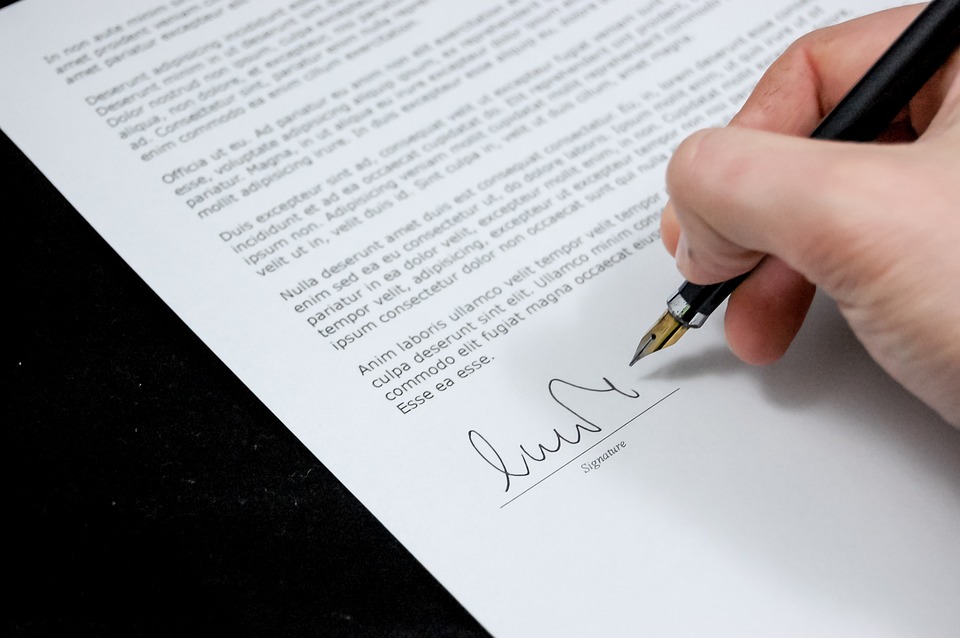Establishing a business of any trade requires a systematic consideration of its legal aspects. Understanding the laws and liabilities associated with your business beforehand establishes a strong framework for the future. Although there are legalities involved in establishing any kind of business, by-laws regarding publishing are quite extensive.
Publishing laws in Canada comprise of legislations needed for intellectual property commercialisation. Intellectual property laws consist of regulations for copyright, publisher’s contracts, privacy and marketing matters. Hence, it’s crucial for publishers to understand these legislations before establishing their business.
Here are a few legal issues associated with establishing a publishing business:
Authors’ Grants
According to the publishing laws in Canada, an issuer is usually the owner or licensee of the copyright, owning a comprehensive range of privileges to the authors’ work. But, in some publishers can also be the assignee of the author’s copyright which gives them complete ownership of the writer’s work.
It is important for publishers to consent to the authors’ right to recover their copyrights, once the work is out of publication to avoid legal issues at a later stage. These rights also include electronic usage privileges to the work.
Copyright Infringement
According to the Copyright Act, once a publisher becomes the licensee of the author’s copyright, he/she is held responsible, in the case of any infringement. It is necessary for the publishers to make sure the submitted draft is authentic and doesn’t violate any IP laws. Publishers can avoid these infringements by:
- Due Diligence – this includes enquiring from the authors, the source of their research and the quoted works used in the draft. A detailed check of comparable publications and works also helps publishers determine the authenticity of a writer’s work.
- Protective Assurances – this includes obtaining an agreement from the authors confirming no violations from their end.
Publishing Contracts
It is crucial for publishers to sign a fair and all-inclusive contract with the authors before printing their work. A publishing contract needs to be impartial to the authors, stating their rights and permissions explicitly. It also needs to specify the permissions and licenses of the publishers evidently, in association with the manuscript.
Your publishing contract can also include licensing and distribution agreements to the work, if applicable. The licensing and distribution agreements determine a publisher’s right to franchise the work and allow its usage rights to other mediums including the electronic media. Therefore, it is highly advisable to consult your IP lawyer, to draft and negotiate the terms of your publishing contract effectively.
Defamation Issues
Most publishers face the issues of defamation and violation of privacy while reviewing an author’s work. Due diligence beforehand can help them avoid these matters and obtain necessary usage permissions, if conceivable.
It’s also necessary to obtain publicity rights to your author’s work to prevent the usage of the publication or the author’s name in advertisements or other media, without explicit permissions.
To avoid a defamation or privacy litigation lawsuit, refer the manuscript to your business counsel. An experienced IP lawyer can help you navigate these issues safely without harming the integrity of the author’s work.

